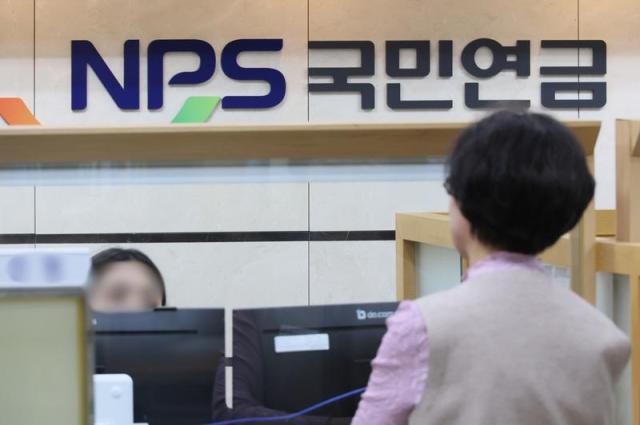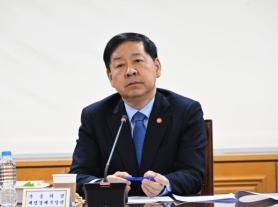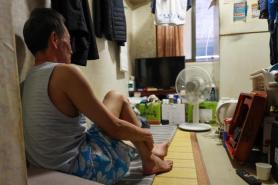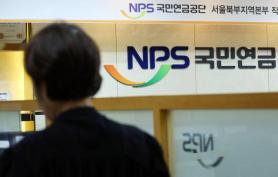
SEOUL, November 05 (AJP) - More South Koreans say they distrust the national pension system than those who express confidence in it, according to a new survey highlighting deepening public skepticism toward the country’s social safety net.
The poll, commissioned by the Korea Employers Federation and conducted by Mono Research, found that 55.7 percent of respondents do not trust the national pension system, compared with 44.3 percent who said they do.
Distrust was most prevalent among workplace subscribers — those enrolled through their employers — with 57.8 percent expressing skepticism. Among regional subscribers, who pay independently, 51.8 percent said they did not trust the system. In contrast, 56.1 percent of voluntary subscribers, typically those more motivated to join, expressed trust in the pension.
Generational differences were stark: respondents over 50 were more likely to trust the pension system, while younger adults in their 20s through 40s were significantly more doubtful.
When asked about the burden of pension premiums, nearly seven in 10 respondents (69.7 percent) said they found the payments burdensome. Workplace subscribers, who split premiums with their employers, reported higher levels of strain (72.9 percent) than regional subscribers (62.2 percent), whose lower reported income and contributions may ease the perceived burden.
As of late 2024, the average monthly premium stood at 306,985 won ($219) for workplace subscribers and 79,886 won for regional subscribers.
Public sentiment also turned sharply negative toward the government’s recent pension reforms. Following an April amendment to the National Pension Act — which will raise contribution rates by 0.5 percentage points annually to 13 percent by 2026 — 73.4 percent of respondents viewed the changes unfavorably, while only 19.7 percent expressed support.
Concerns about the system’s long-term sustainability were widespread. More than 80 percent of respondents said they worried that raising the income replacement rate to 43 percent by 2026 would expand benefits without addressing the pension fund’s looming fiscal shortfall.
When asked what should be the top priority for pension reform, 30.7 percent of respondents cited ensuring the fund’s financial sustainability, followed by 27.6 percent who pointed to intergenerational fairness, and 18.4 percent who emphasized securing adequate retirement income.
“Public trust is essential to any successful pension reform,” said Lee Dong-geun, executive vice chairman of the Korea Employers Federation. “It’s more important to assure people that they will receive benefits proportional to their contributions than to simply increase the payout rate.”
* This article, published by Aju Business Daily, was translated by AI and edited by AJP.
Copyright ⓒ Aju Press All rights reserved.




